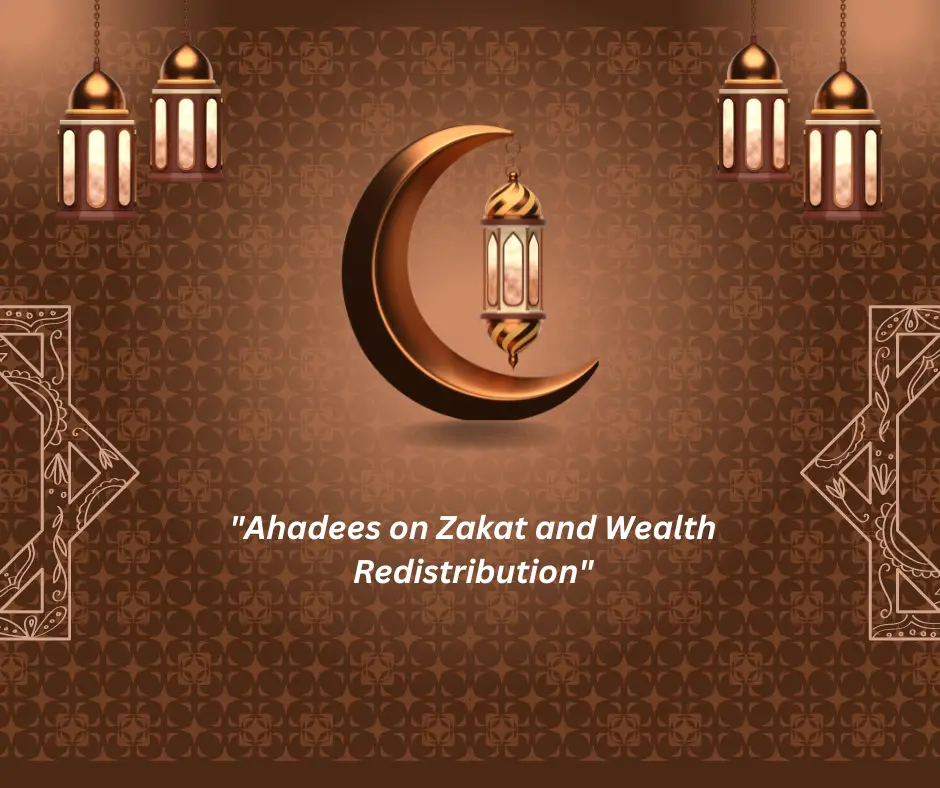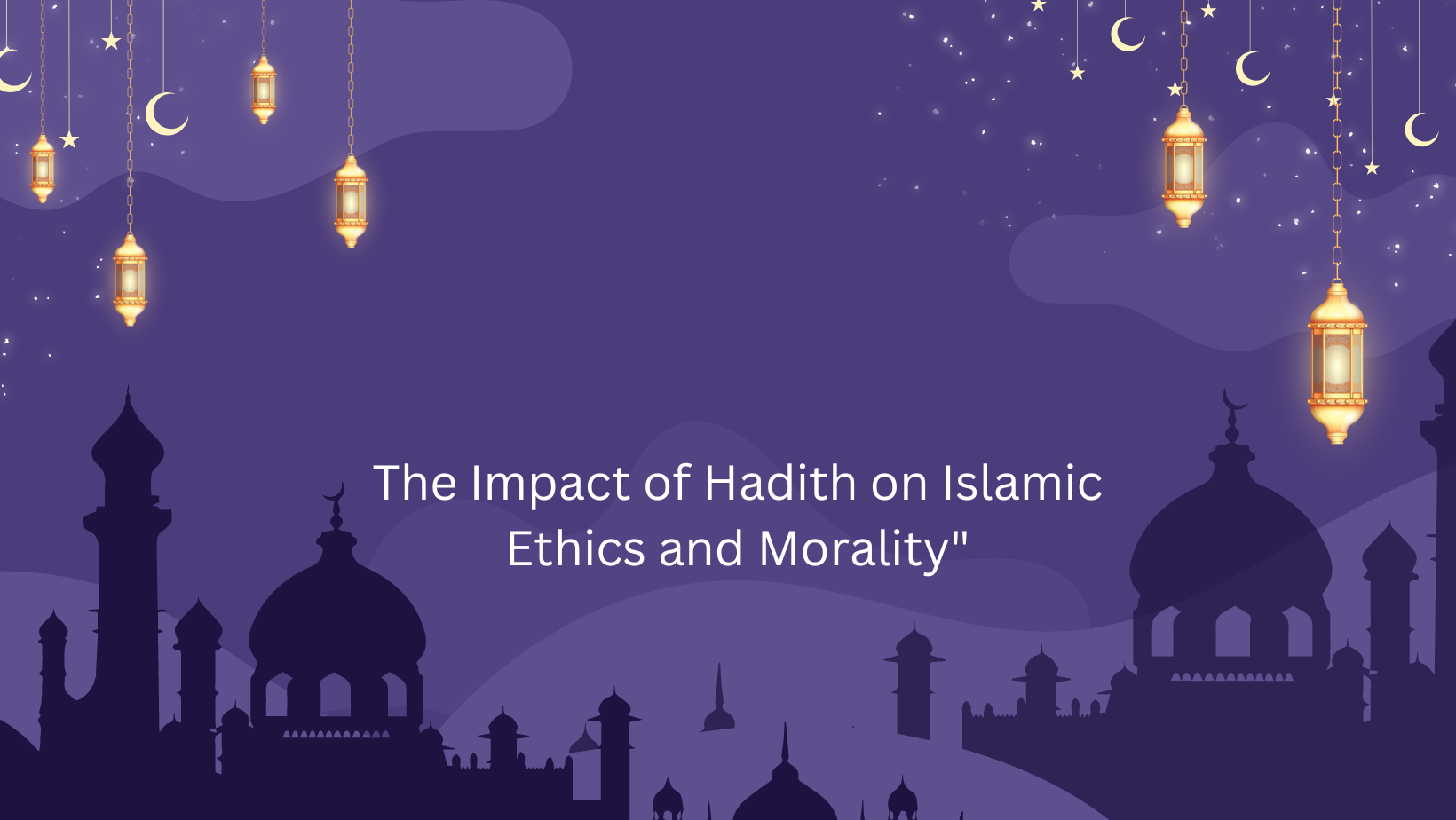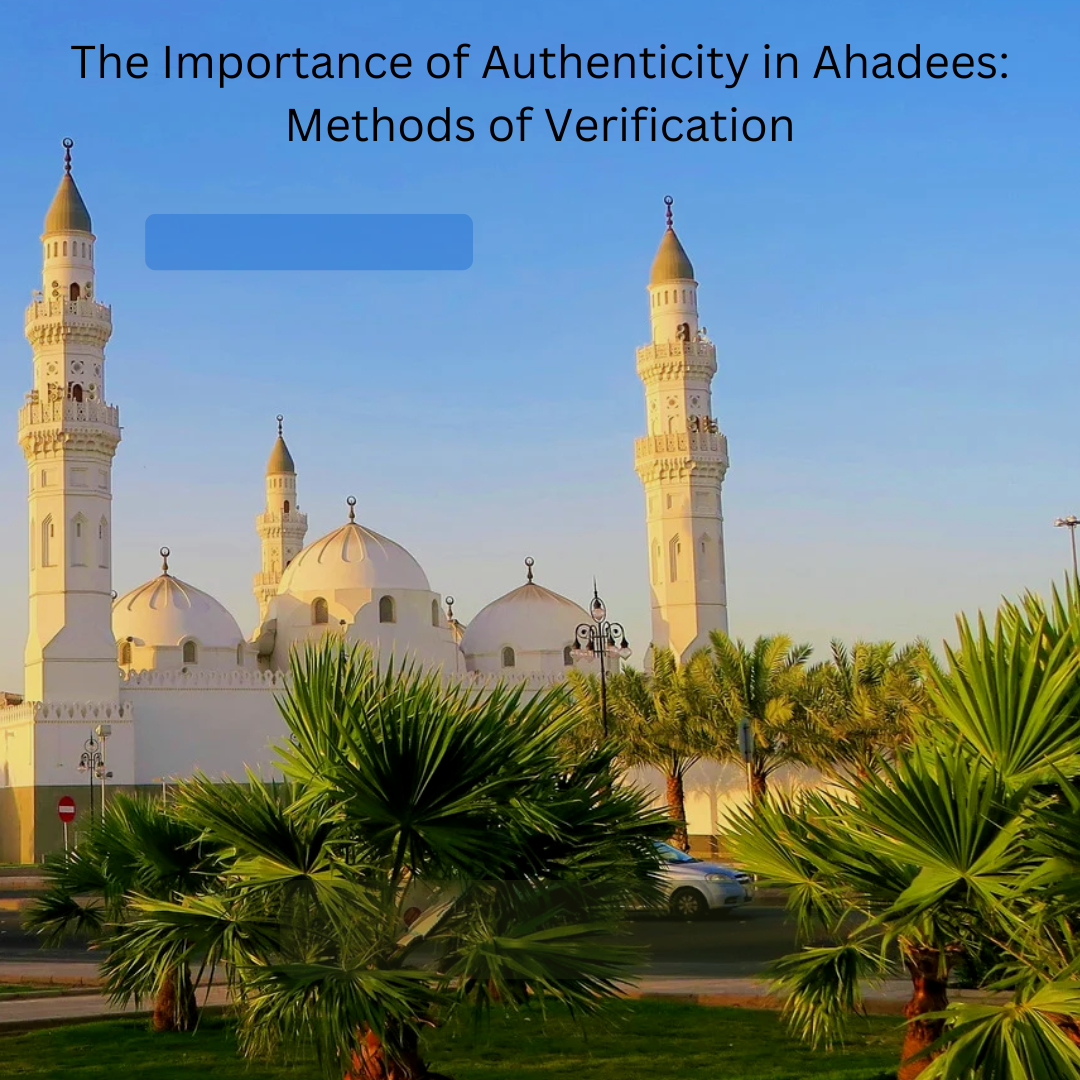In Islam, Zakat (charitable giving) holds a vital position as one of the Five Pillars, serving not only as an act of worship but also as a crucial mechanism for wealth redistribution and social justice. Through numerous Ahadees, the Prophet Muhammad (peace be upon him) underscored the importance of Zakat, detailing its spiritual, social, and economic benefits. This article explores these Ahadees to provide a comprehensive understanding of Zakat and its role in wealth redistribution.
1. The Obligation of Zakat
Zakat is a mandatory form of charity, distinct from voluntary acts of giving (Sadaqah). The Prophet Muhammad (peace be upon him) emphasized its obligatory nature:
“Islam is built upon five pillars: the testimony that there is no deity but Allah and that Muhammad is His servant and Messenger, the establishment of prayer, the giving of Zakat, the pilgrimage to the House, and the fast of Ramadan.”
— (Sahih Bukhari, Hadith 8)
This Hadith places Zakat among the core practices that define a Muslim’s faith, highlighting its fundamental importance.
2. Purification of Wealth and Soul
One of the primary purposes of Zakat is the purification of wealth and the soul of the giver. The Prophet (peace be upon him) explained:
“Take from their wealth so that you might purify and sanctify them.”
— (Sahih Bukhari, Hadith 1460)
By giving a portion of one’s wealth to those in need, a Muslim purifies their remaining wealth and spiritually cleanses their soul from greed and selfishness.
3. Social Responsibility and Solidarity
Zakat fosters a sense of social responsibility and solidarity within the Muslim community. The Prophet (peace be upon him) said:
“The believers, in their mutual kindness, compassion, and sympathy, are just like one body. When one of the limbs suffers, the whole body responds to it with wakefulness and fever.”
— (Sahih Bukhari, Hadith 6011)
This Hadith emphasizes the interconnectedness of the Muslim community, where the well-being of each member is a collective concern, and Zakat serves as a practical means to support one another.
4. Helping the Needy
Zakat directly addresses the needs of the poor and destitute, ensuring that they are not left behind. The Prophet (peace be upon him) said:
“The one who looks after a widow or a poor person is like a Mujahid (warrior) who fights for Allah’s cause, or like one who performs prayers all night and fasts all day.”
— (Sahih Bukhari, Hadith 6006)
This Hadith highlights the immense reward and importance of caring for the vulnerable in society, with Zakat being a primary means to achieve this.
5. Prevention of Wealth Hoarding
Islam discourages the hoarding of wealth, promoting instead its circulation within the economy. The Prophet (peace be upon him) warned:
“Woe to those who hoard up wealth and do not spend it in the way of Allah.”
— (Sahih Muslim, Hadith 987)
By mandating Zakat, Islam ensures that wealth does not remain concentrated in the hands of a few but is redistributed to benefit the entire community.
6. Economic Equity and Justice
Zakat is a tool for achieving economic equity and justice. The Prophet (peace be upon him) declared:
“Allah has made Zakat obligatory simply to purify your remaining wealth.”
— (Sunan Abu Dawood, Hadith 1587)
This system of mandatory charity promotes fairness and reduces economic disparities, fostering a more just and balanced society.
7. The Recipients of Zakat
The recipients of Zakat are clearly defined in the Quran and Ahadees, ensuring that it reaches those who need it most. The Prophet (peace be upon him) outlined:
“Zakat is to be taken from the rich and given to the poor.”
— (Sahih Bukhari, Hadith 1454)
Additionally, the Quran specifies eight categories of recipients, including the poor, the needy, those employed to collect Zakat, those whose hearts are to be reconciled, those in bondage, those in debt, those in the cause of Allah, and the wayfarers (Quran 9:60).
Conclusion
The Ahadees on Zakat elucidate its profound significance in Islam as a means of wealth redistribution and social justice. By mandating the giving of a portion of one’s wealth to the less fortunate, Zakat fosters economic equity, purifies the wealth and souls of the givers, and strengthens the bonds of the Muslim community. It ensures that the needs of the poor and vulnerable are met, preventing the hoarding of wealth and promoting a fair and just society.
In contemporary times, the principles of Zakat continue to offer valuable lessons on the importance of social responsibility, economic justice, and the ethical distribution of wealth. By adhering to these timeless teachings, Muslims can contribute to a more equitable and compassionate world.



